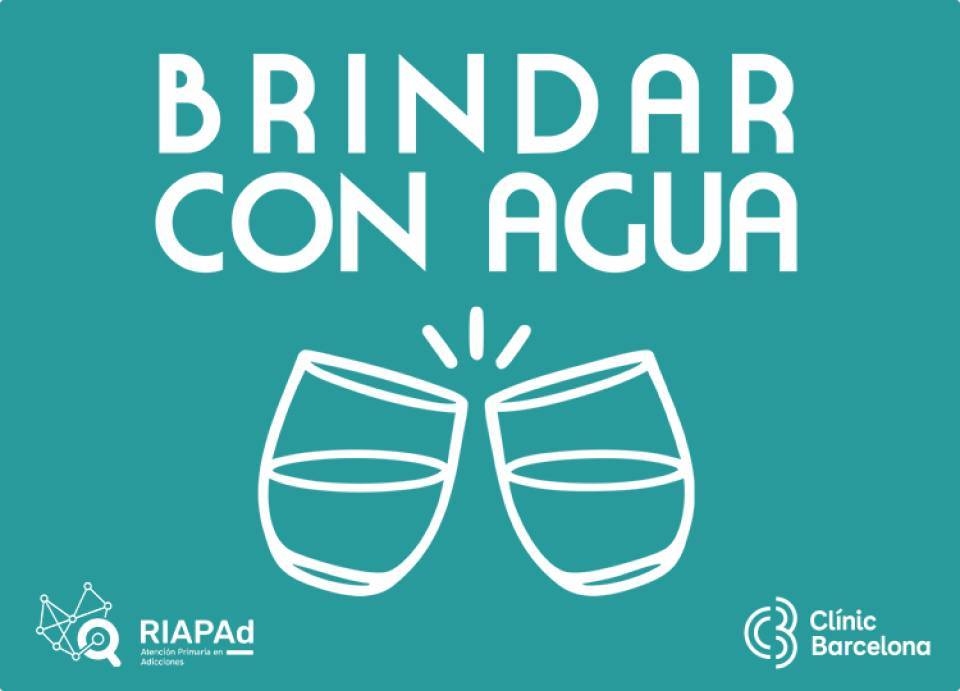Substantiated information by:
Antoni Gual Solé
Head of the Addictive Behavior Unit
Clara Oliveras Salvà
Hugo López Pelayo
Magalí Andreu
Psychologist
Addictive Behaviours Unit
Mireia Graell Gabriel
Pablo Barrio Giménez
Silvia Mondón
Psychiatrist
Addictive Behaviours Unit
Published: 16 September 2019
Updated: 25 February 2025
The donations that can be done through this webpage are exclusively for the benefit of Hospital Clínic of Barcelona through Fundació Clínic per a la Recerca Biomèdica and not for BBVA Foundation, entity that collaborates with the project of PortalClínic.
Subscribe
Receive the latest updates related to this content.
Thank you for subscribing!
If this is the first time you subscribe you will receive a confirmation email, check your inbox
An error occurred and we were unable to send your data, please try again later.



















